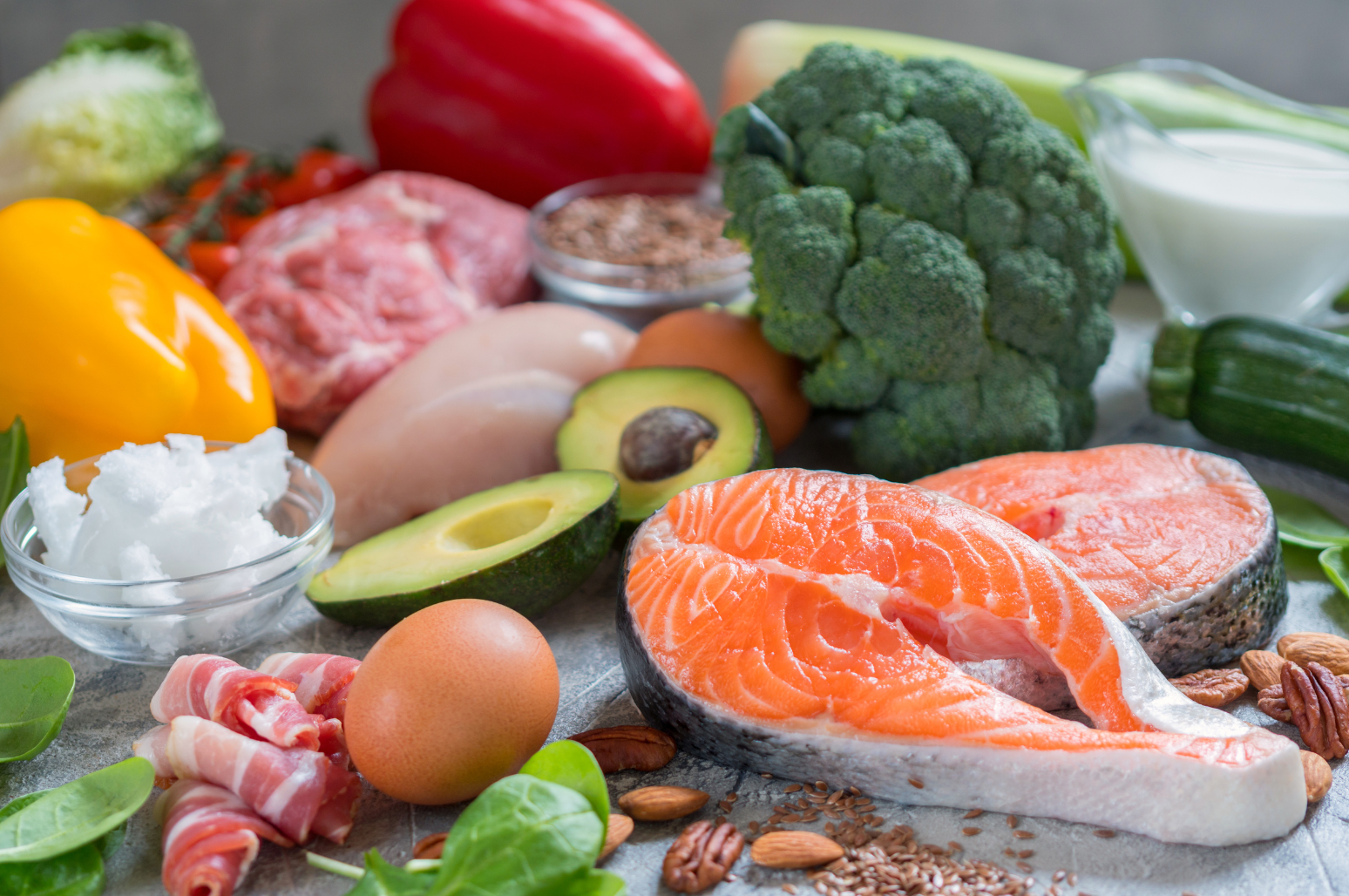
Most people know that the beginnings of ketogenic diets are rooted in the treatment of epilepsy. However there may be some overlap in the pathophysiology between seizures and chronic pain. Neuronal excitability, which in a chronic pain model, can exist in the peripheral or central nervous system. This could be the biological similarity that makes ketogenic diets a suitable choice for reducing chronic pain.
Inflammation and the Keto Diet
Inflammation which rears its ugly head in almost all disease processes may be at the heart of chronic pain as well. Ketone metabolism produces less reactive oxygen species (ROS) than glucose metabolism. [1] ROS are known to produce inflammation and animal models suggest a ketogenic diet reduces ROS in the brain. This could be one key mechanism in the modulation of pain and inflammation by keto.
Another could be the neuromodulator adenosine. Adenosine has long been known as an anti-inflammatory and it is released during acupuncture. This is involved in the known analgesic effects of acupuncture therapy. Ketogenic diets, water fasting, and even exercise may all have pain relieving effects due to the ability to boost adenosine production. [2]
A Study of the Ketogenic Diet for Chronic Pain
Well, from a real-world perspective, a recent study took participants with chronic musculoskeletal pain on a 12-week dietary intervention that began with a period of three weeks where ultra-processed foods were eliminated and then two groups were randomized to either a well-formulated, whole food ketogenic diet or a minimally processed whole food diet. Pain was measured using a visual analog scale and other biomarkers of inflammation like high-sensitivity C reactive protein (hs-CRP) were measured.

What the Study Results Showed
At the end of the study, the weekly average pain was reduced in both groups as well as an improvement in quality-of-life scores for both groups. The pain reduction persisted at the three-month follow-up. [3] It’s no surprise that removal of ultra-processed foods would result in a general feeling of well-being. However, the well-formulated ketogenic group had a greater degree of pain reduction, as well as a decrease in hs-CRP and body weight.
This type of intervention is notable as it highlights the distinct difference between ketogenic physiology and glucose-based metabolism. The removal of ultra-processed foods for some is enough to create robust health, but for others, a more significant shift must occur for those individuals to experience relief from inflammation and pain.
Bio-individuality at its finest because after all…food is information.
References
Masino SA, Ruskin DN. Ketogenic diets and pain. J Child Neurol. 2013;28(8):993-1001. doi:10.1177/0883073813487595
Goldman N, Chen M, Fujita T, et al. Adenosine A1 receptors mediate local anti-nociceptive effects of acupuncture. Nat Neurosci. 2010;13(7):883-888. doi:10.1038/nn.2562
Field R, Physio M, Pourkazemi F, et al. Effects of a low-carbohydrate ketogenic diet on reported pain, blood biomarkers and quality of life in patients with chronic pain: A pilot randomised clinical trial. Pain Medicine. 2021; pnab278, https://doi.org/10.1093/pm/pnab278








